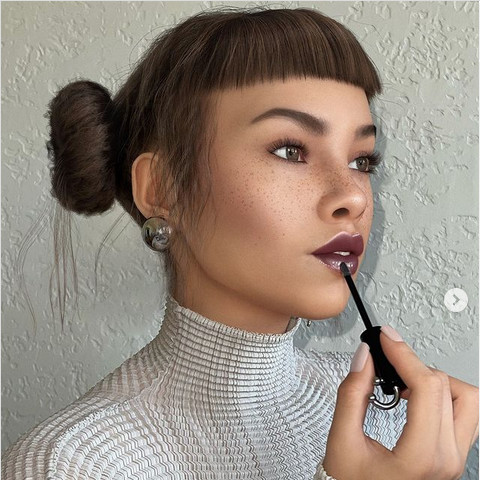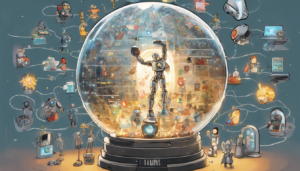In recent years, virtual personalities have accumulated many online followers and are becoming a greater force in the influencer marketing industry. Digital avatars and animations are rising in popularity and could become the true heroes and holostars of a new generation. What impact will they have?
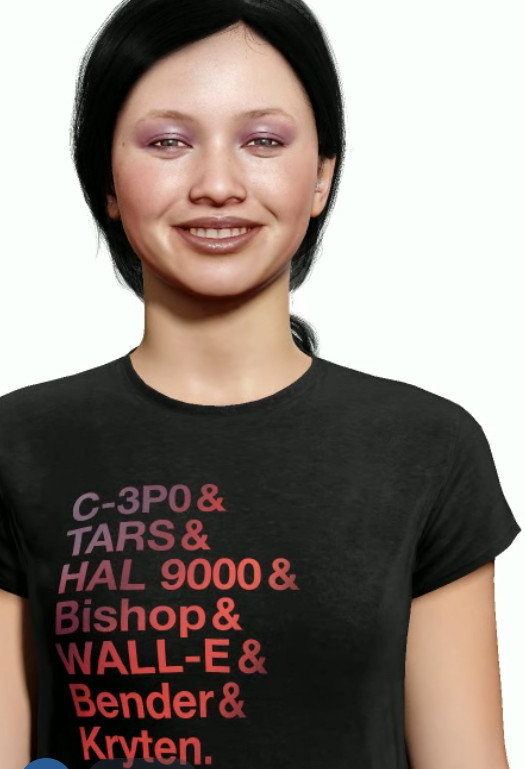
Who or what are these virtual idols?
Vtubers are animated avatars controlled by a human operator using motion capture technology. They are usually created to resemble a cute anime character, and interact with their audience through live streams, videos, and social media. Vtubers have become a phenomenon in Japan, and are gaining popularity in other parts of the world. Some Vtubers use their avatars to keep their real identity and looks completely private, others are fully computer generated and managed by a team. Good examples of english language Vtubers are Ironmouse with over one million followers on Twitch and Gawr Gura on YouTube with more than four million subscribers.
Virtual Influencers are mostly computer-generated and often created with the promotion of products and services to a target audience in mind. Virtual influencers can be customized to suit any brand or product, and offer a level of control to the company that traditional influencers do not.
A famous example is Miquela Sousa, known as lil Miquela in the past, she is a ‘19-year-old Robot living in LA’, created by studio Brud.fyi, boasting close to 3 million followers on instagram.
Digital celebrity doubles are computer-generated versions of real-life celebrities. They are designed to look and act like the real celebrity, and can be used for promotional purposes in advertising, video games and movies. Companies can leverage the popularity and recognition of real-life celebrities at lower costs because the celebrity’s effort is low.
Their use is expected to increase in the coming years as technology continues to improve.
Bruce Willis is said to have recently sold the rights to allow a digital twin of himself to be created.
Future virtual celebrities might not double a real-life person. They will be virtual from their inception. The line between virtual and real life is also thinning: Hatsune Miko for instance is a famous, completely virtual singer that has performed at large live concerts using holographic projections. Computer-generated Miquela Sousa appeared in photos with multiple real-life celebrities.
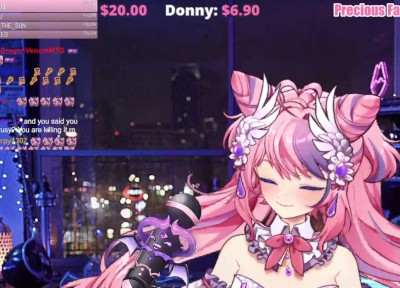
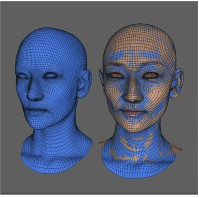
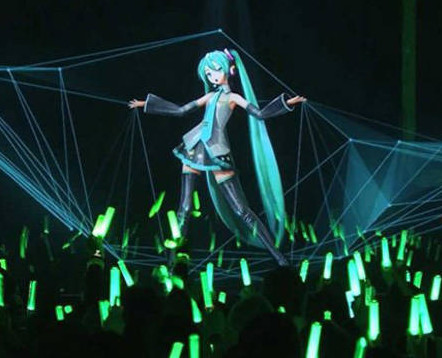
Brand save and always-on
Virtual personalities that are completely computer-generated provide a safe and reliable way for companies to promote their brand or products. No personal lives or scandals will arise to tarnish a reputation. There is no existing personal brand that has to be aligned with the company’s. A brand-save representation can be created and fully controlled. The personality can be unchanging: virtual influencer Miquela joked online that she was celebrating her 19 birthday – for the sixth time.
Virtualization creates availability at any time and place. The person is always available for a performance. Even real-live events using holographic projections are becoming mainstream. The recent return to the stage of the popular group ABBA as digital avatars is a current example of the use of this technology.
Some issues worth considering
Real-life celebrities have complained of their likeness being used without their approval and some are outright against virtualisation. The lack of agency in fully virtual personalities and the blurring line between reality and fiction raises questions about authenticity. The person or the team behind these virtual personas is sometimes hidden. Can a virtual idol be trusted, should there be more transparency about the people behind them? In the Vtubing world some concerns about labor issues have risen. Talent agencies that specifically manage and promote Vtubers have gotten some negative press because they took a large cut of the earnings and left some Vtubers claiming they were overworked and underpaid.
Going forward
Virtual influencers and celebrities will continue to gain popularity and attention. Their possible impact on the marketing industry cannot be denied. It will be interesting to see how companies continue to utilize this new and unique way of engaging with their target audience.
Do you think virtual creations will continue to disrupt the existing influencer marketing industry?

